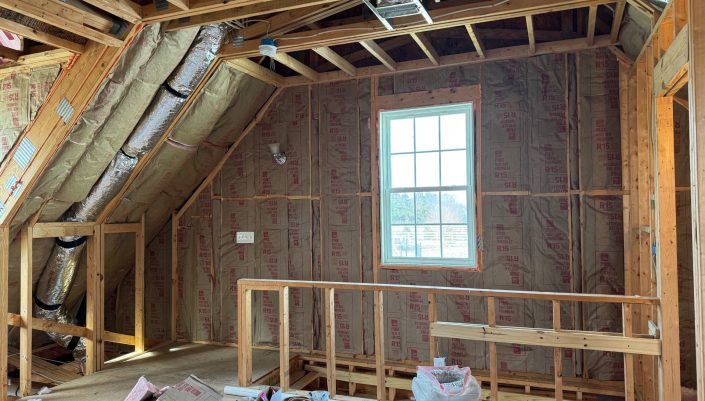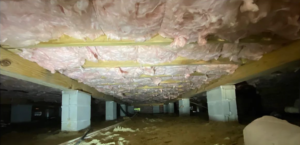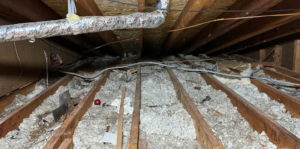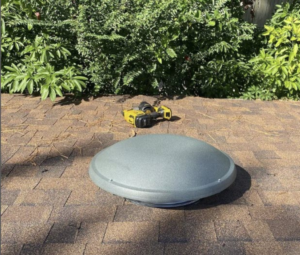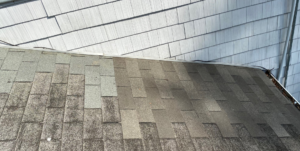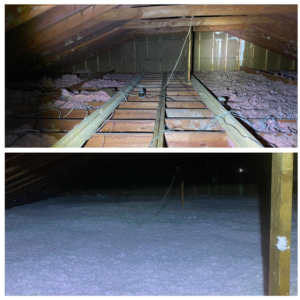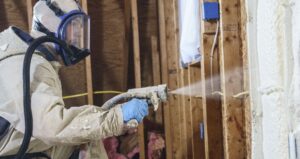As energy costs rise, more homeowners in Virginia Beach are considering an insulation retrofit to improve their home’s energy efficiency and comfort. Insulation plays a crucial role in maintaining indoor temperature and reducing energy bills. Whether you’re updating an older home or simply looking to enhance your current insulation, understanding the requirements and benefits is essential.
Understanding R-Value Requirements in Virginia
Virginia’s climate varies from north to south, affecting the recommended R-value for attic insulation:
- Northern Virginia (Zone 5): R-49 for vented attics, R-60 for unvented attics
- Central Virginia (Zone 4): R-49 for vented attics, R-54 for unvented attics
- Southern Virginia (Zone 3): R-38 for vented attics, R-44 for unvented attics
These values represent the thermal resistance to insulating your home against outdoor temperatures. Meeting these standards ensures your home remains comfortable year-round while maximizing energy efficiency.
Do Existing Homes Have to Meet New Insulation Codes?
Existing homes aren’t typically required to meet new insulation codes unless major renovations that affect the home’s energy efficiency are underway. These could include significant changes to the home’s structure or systems. However, an insulation retrofit can significantly enhance your home’s energy efficiency and comfort.
Considerations for Insulation Retrofit
When planning an insulation retrofit, consider the following factors:
- Existing Insulation: Assess the current insulation to determine whether it needs upgrading or supplemented.
- Air Sealing Needs: Proper air sealing is essential to prevent drafts and ensure your insulation performs effectively.
- Moisture Control:Address any moisture issues to avoid mold growth and damage to insulation materials.
- Fire Safety: Ensure any insulation material complies with fire safety regulations.
- Installation Methods: Choose the correct installation method that suits your home's structure and budget.
- Local Building Codes: Be aware of any local building codes that may influence your retrofit project.
- Cost-Effectiveness: Evaluate the cost versus the potential energy savings to ensure the retrofit is a wise investment.
Retrofitting your home’s insulation is an effective way to enhance comfort, reduce energy consumption, and increase the value of your property. By understanding local R-value requirements and considering key factors in the retrofit process, homeowners in Virginia Beach can make informed decisions that lead to significant long-term savings and improved living conditions.
Steps for a Successful Insulation Retrofit
- Assessment: Evaluate the home’s current insulation, structure, and ventilation. Consider the energy savings potential and cost-effectiveness of the retrofit. Home Energy Audit with Zhe Industries
- Professional Consultation: Hire certified insulation contractors who understand local codes and proper installation techniques.
- Installation: Ensure insulation is installed to meet the specific R-value requirements and maintain coverage without compression. Insulation Services
- Regular Maintenance: Inspect to ensure insulation remains compelling, especially after extreme weather events, providing the peace of mind that your home is always well-protected.
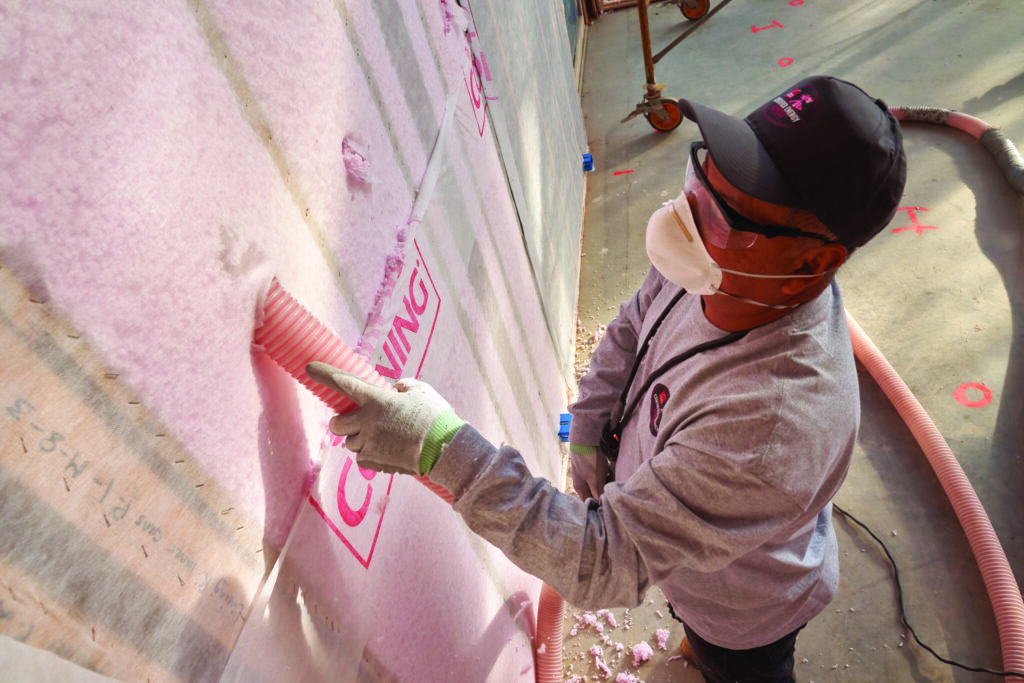
Why Choose Zhe Industries?
At Zhe Industries, we deliver high-quality insulation solutions that meet Virginia’s building codes and enhance your home’s energy efficiency. Our experienced team, well-versed in local codes and proper installation techniques, ensures safe, compliant installations that maximize comfort and cost savings. Contact us today to schedule a consultation and start your insulation retrofit project!

